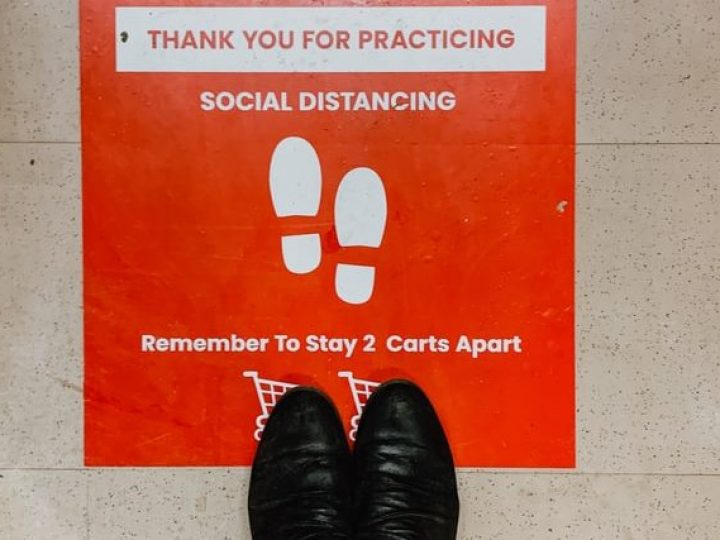By Kat Arnull, Golin London Strategic Lead
In the book Switch: How to change things when change is hard, Chip and Dan Heath point out the need to find bright spots – the successful efforts worth emulating. As the pandemic unfolds, Golin strategists have been gathering and sharing ‘bright spots’ across the globe to help inform brands and businesses as they rebuild, reinvent or reshape their communications plans for the future.
The result has been three valuable lessons:
Lesson #1 When the opportunity to step-up comes, grab it
Our first lesson comes from the transformation of social networks. The hero being TikTok, which evolved from being an anti-social network to a joyful, creative community. Suddenly making videos did not make you a narcissist; it brought people together.
Healthcare professionals made advice entertaining while alleviating grueling shifts. Families tried to outperform one another while reassuring loved ones they were well.
All this activity presented a critical window for the business and they seized that opportunity to step up with a £5 million donation to the Royal College of Nursing Foundation. A defining moment.
Some companies have felt paralysed by the pandemic, but businesses like TikTok show that by finding where you are valued you can make a big difference and completely shift perceptions.
Lesson #2 Even small actions speak louder than words
The second lesson has come from the evolution of big brand campaigns. Just a few months ago, manifesto advertising was grabbing headlines and hearts and minds. However, in Kantar’s recent study of effective campaigns, Tesco’s social distancing advert providing practical in-store advice outperformed more emotive and ethereal campaigns by Nike and Birds Eye.
Similarly, in Russia, Ikea’s tongue-in-cheek instructions helped families build fortresses out of furniture gave the brand a light-hearted way of offering a respite to the doom and gloom. And in the UK, Golin’s work with Magnum and Deliveroo gave people a way to have a bit of welcome fun on a lockdown bank holiday.
These were brand campaigns delivered in a product marketing approach. They gave people something to do rather than just something to feel. In an uncertain world, it is more critical to offer ways to make a positive and immediate difference rather than grandiose statements.
Lesson #3 Virtual worlds need to feel more human
Vogue Business reports that more than $413 billion of goods will be sold through social e-commerce in China by 2022, an almost fivefold increase from $90 billion in 2017. Therefore, the third and final lesson is about the critical need to make virtual connections meaningful. People have rapidly adapted to living their lives online, and we are finding, the more human the experience, the more significant the impact.
The recent campaign the Golin team developed with Waterwipes started with the consideration of where the brand could help. This lead to the creation of an Early Day’s Club designed to provide a lifeline and connection between new and expecting parents during lockdown.
Making a human connection has also been effective for more commercial campaigns. For the launch of LEGO Super Mario, when lockdowns cancelled planned events, the story was made by being able to provide influencers and journalists virtual access to the designers.
This value also translates to B2B campaigns. The Golin tech team undertook a mammoth task of migrating Adobe’s world-renowned Media Summit to a virtual event. Despite not being able to offer the distractions of Las Vegas, it meant that record numbers were able to attend the event and connect and the speakers.
What this work has shown us is that just as Chris Milk proved via his 360 VR experience at Davos, virtual is most potent when it is about helping us make deeper connections to humanity. Thinking about how we can bring meaningfully bring communities together will be a crucial way for us all to build back better.
